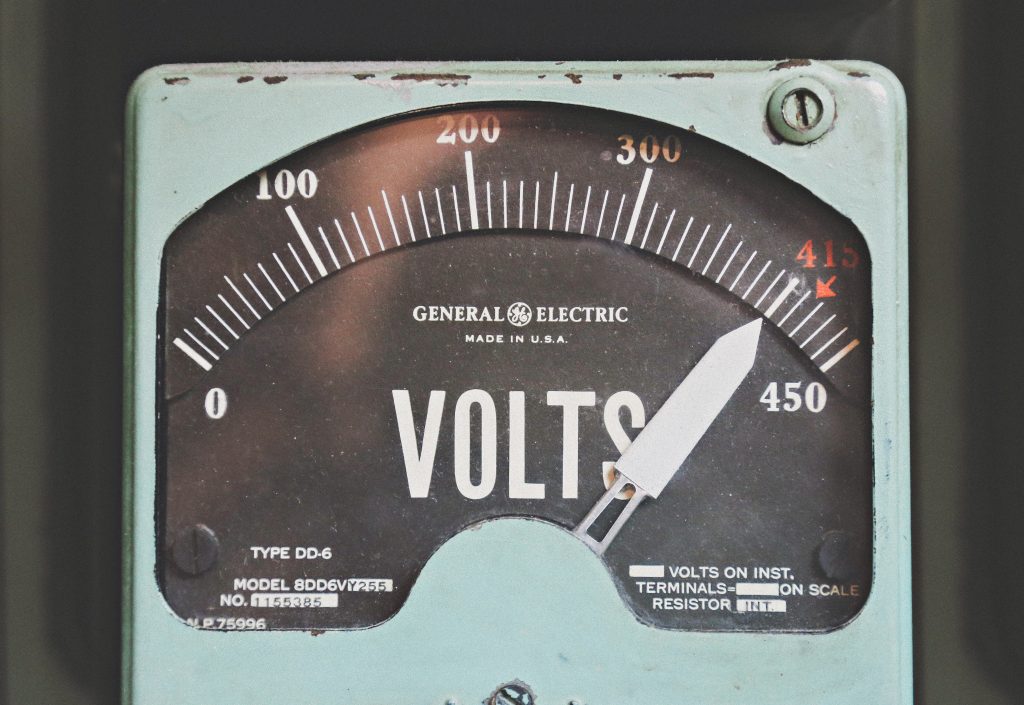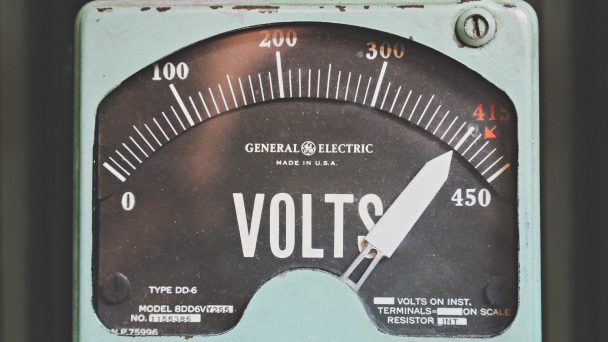Grip on your resistance: prevent stress

Being burdened by stress has a negative effect on your breathing, heart, memory, sex life, muscles, self-control, production of proteins, stomach, mental state and your youthful appearance. And there are even more physical and mental side effects to be considered when you are (long-term) exposed to stress. It should therefore come as no surprise if we tell you that stress also has a bad influence on your resistance.
An overfull agenda, a difficult performance appraisal, worries about your child or a hefty tax bill; all situations that can cause stress. Major grief, such as a divorce or death, can even cause chronic stress. And stress is bad for your physical and mental health.
What happens to you when you are stressed?
We all have to deal with stress sooner or later. The situations are different for everyone, but it triggers the same mechanism in everyone: the fight and flight mechanism. This mechanism protected our ancestors in prehistoric times from wild animals and rival tribes. Fortunately, these days we no longer have to fight a saber-toothed tiger or a neighboring tribe.
Yet our stress system still works exactly the same and your body reacts identically. Your body braces itself and strengthens your defenses to protect you from injury and infection (another gift of evolution). Since there is nothing to fight, you don't have to worry about physical injury. What you do suffer from is the tension that comes with every stressful situation. This tension builds up and creates a hormonal chain reaction.
| Physical reactions to stress
The hormone adrenaline ensures that your muscles tighten and your blood pressure plus heart rate rise. Your breathing accelerates and becomes shallower. Blood vessels constrict to avoid wasting blood. Your digestion slows down and you sweat to avoid overheating. Then the hormone cortisol becomes active. It ensures that your blood sugar level rises and your metabolism speeds up. After all, you need fuel to cope with the stressful situation. At the same time, cortisol production suppresses the immune system. Because surviving the danger is more important than fighting germs, healing wounds, digesting your food et cetera. Source: www.sonneveltopbedrijven.nl. |
Short-term stress vs. prolonged stress
An average person can handle a short-term stressful situation, such as a move. After that move, you can rest and enjoy your new place even more. It is very different when the stress lasts for a long time and body and mind do not get the chance to recover. Your body is just fighting. The focus is on 'survival' and not on 'staying healthy'. Pathogens see their chance to manifest themselves and before you know it, you are in bed with a bad flu.
chronic stress
Chronic stress often develops gradually. It causes complaints such as headache, dizziness, forgetfulness and fatigue. In addition, chronic stress causes an overproduction of cortisol.
| What is Cortisol?
Cortisol is also known as the stress hormone. The hormone is produced in the adrenal glands in response to an anxiety or stress stimulus. It's your body's way of acting quickly in stressful situations: cortisol can boost your energy levels so that, there you go again, can fight or flight. Source: www.etos.nl. |
Overproduction is usually wrong. The same goes for cortisol. Long-term excess of cortisol has been linked to type 2 diabetes, obesity, digestive complaints, cardiovascular disease and even cancer. In addition, the stress can eventually cause you to produce too little cortisol, with the result that your immune system becomes overactive and turns a mosquito into an elephant, as it were. It then sees its own body tissue as a threat, which can cause allergies, but also autoimmune disorders. Source: www.sonneveltopbedrijven.nl.
Tips to avoid stress
In addition to getting enough sleep, eating healthy, getting enough exercise, resting regularly and laughing a lot, there are more tips to avoid stress. These 6 tips will help you avoid stress. Because you know: prevention is better than? Indeed, heal!
-Do relaxing breathing exercises. Lie on your back and bend your knees so that your lower back touches the floor. Place your hands on your stomach and breathe in slowly and not too deeply. Feel your belly move up slightly. Exhale and feel your belly go down again. Continue to inhale and exhale relaxed for five minutes.
-Stop multitasking. Actually, our brain is not built to do several things at once. It even affects your concentration. So do one thing at a time with your full attention.
- Act like little children. Little children live in the moment. Just like children, be amazed by fascinating details.
-Be creative. Go write, go into the woods, paint or sculpt. Do something that relaxes you. If you have accumulated a lot of stress in your body, you have to find a way to release it.
-Go under the wool early. During periods of deep sleep, chemicals are released that strengthen the immune system.
-Go to the sauna. The sauna is relaxing, cozy and healthy too. If you go there regularly, your body can become 'hardened' and you will be less likely to catch a cold. Would you rather not go to the sauna? Then take a nice warm bath or shower!
Source: www.Gezondnu.nl


